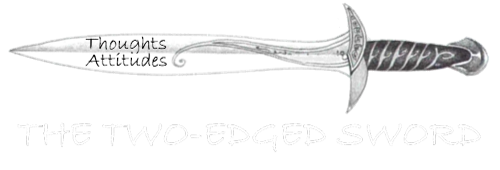Equipping Students
Working Memory, Intelligence, Academic Success, and Cognitive Skills
Working memory is the ability to hold in mind and mentally manipulate information over short periods of time. By developing the cognitive skills that facilitate the working memory, the learner will experience academic success.
Studies show that working memory is a stronger indicator of academic and personal potential than IQ.
The diagram below shows the three compoenets that are essential to learning: They correlate with Feuerstein’s S-H-O-H-R (Input/Stimuus [S] – Human Mediation [H] – Eleboration [O] – Human Mediation [H]– Output/Response [R]) model of mediated learning (2, 13). The descriptors are written as a positive attribute whereas they were written as negative by Feuerstein for diagnostic purposes. Learning deficiencies are related to the ability to gather information, organize it in the brain, or respond to what is happening in the brain.

Studies on cognitive abilities link working memory, processing speed, verbal and visual–spatial abilities, and attentional control to academic success (12). Using the links below, read through the list of descriptors for each of these cognitive abilities, and check off the indicators that are apparent; an individual may notice that he is weak in some areas and strong in others. If the individual is deficient in any area (several descriptors are not checked off), he may be considered to have a cognitive impairment.
Equipping Minds Curriculum helps rewire the brain through cognitive mediation, causing pathways in the learner’s brain to be created, strengthened or rewired (3). The learner can avoid the stigma of being labeled as “impaired” or “deficient” by developing (through human mediation) the cognitive skills (9). We are God’s Image Bearers and, although marred by sin, some aspects of our image bearing can be restored. God created us with a brain that can be transformed (Romans 12:2; transformed means changed). Most individuals are inadequate in at least one of the areas, so the Equipping Minds Curriculum can help everyone reach his full potential.
Using the Equipping Minds Curriculum (EMC) enhances and/or corrects brain functions through activities that increase skills such as attention, long term memory, short term memory, visual processing, visual memory, auditory processing, auditory memory, working memory, spatial reasoning, etc. that are necessary to the learning process.
Classroom Connections to:
Reading
Writing
Math
Geography
History
Science
Art
Music
Drama
PE


